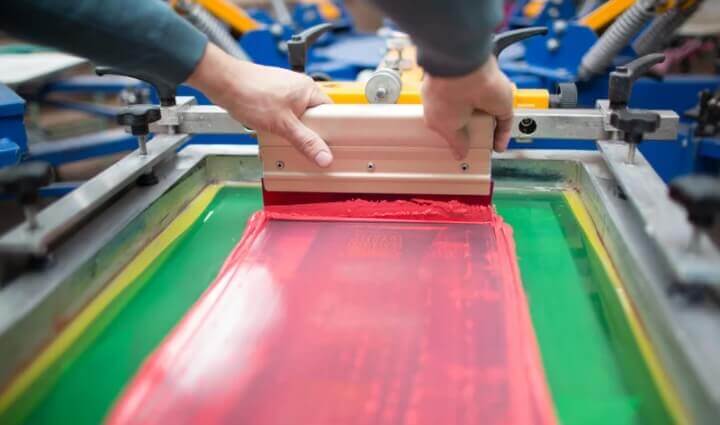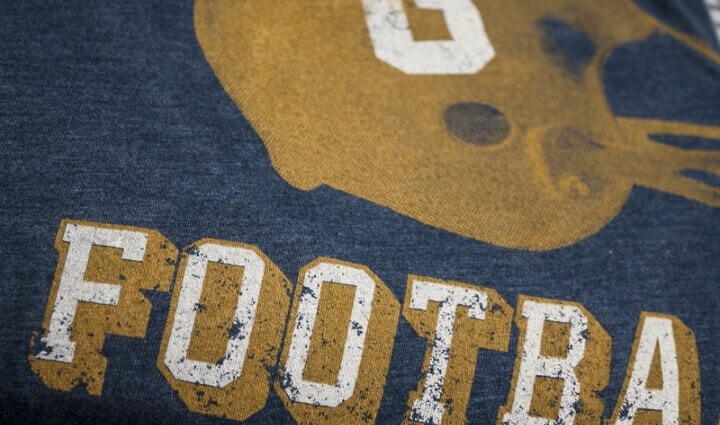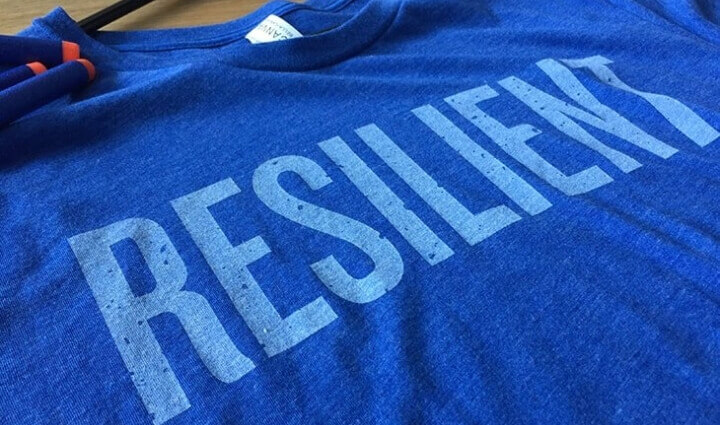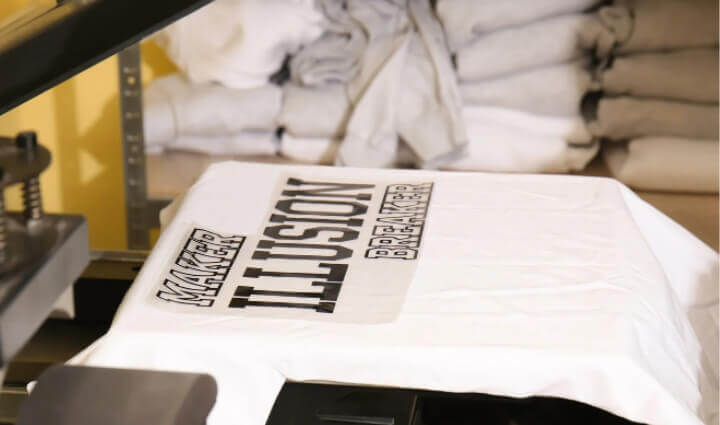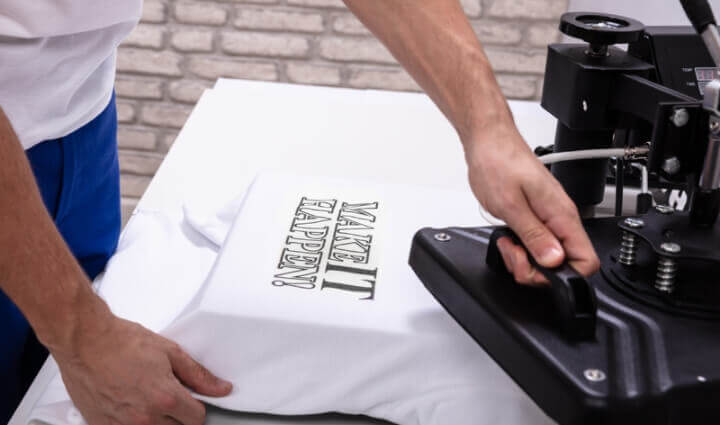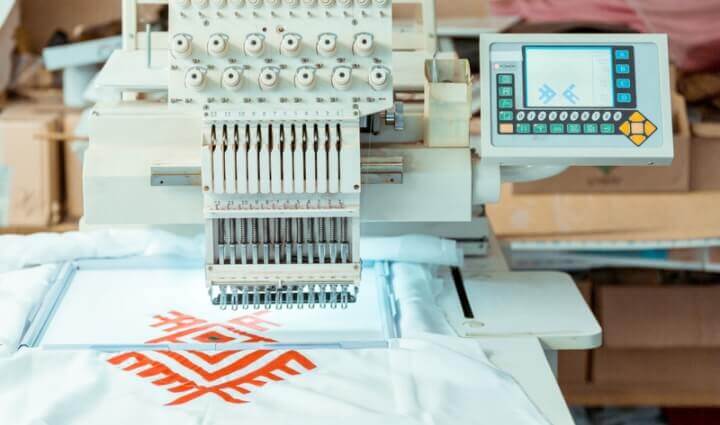Screen printing (also known as silk screening) is a printing technique that uses stencils and ink to create designs on fabric. Although it requires significantly more set-up time than digital printing or heat transfer, screen printing remains popular because it is the most economical method for producing large quantities.
ViewDistressed printing gives screen prints an intentionally weathered look right from the start.
ViewThis form of screen printing uses a water-based catalyzed activator ink. The discharge agent neutralizes the color in the garment while also adding the new color. Discharge base (without colorant) will discharge many garments to a soft natural color.
Foil printing is a premium process that gives decorated items an attention-getting metallic shimmer. It’s a highly effective way to add a bright accent to traditional screen printing or can be applied to large areas for maximum shine and impact. It requires skill, attention and the right materials, but achieves a special look with a high perceived value.
ViewDirect to garment printing (DTG) is printing on textiles using inkjet technology which usually utilizes specialized water-based inks. Most systems are CMYK however there are exceptions like the Kornit DTG Hexachrome system. DTG is particularly effective for short runs, full color printing, or for reproducing fine detail.
Embroidery is the process of turning a graphic or text into a needle-and-thread work of art for application to a garment or other fabric item. Of all the methods of fabric embellishment, embroidery is considered to add the most sophistication and a higher perceived value to a garment.
View